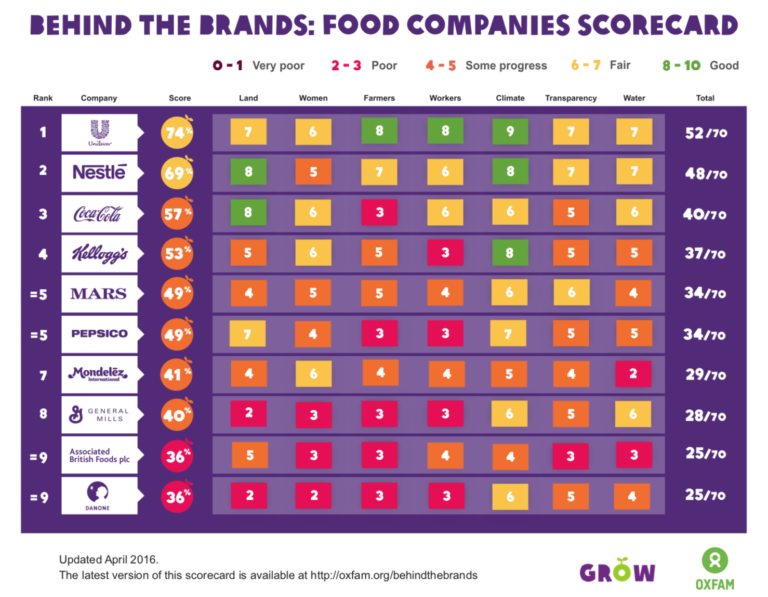A comprehensive analysis of policies and frameworks governing foreign employment for Nepali women migrant workers and migrant domestic workers
GuidancePublicationsNepal has implemented, repealed and re-implemented various bans and restrictions on the migration of women migrant workers and / or migrant domestic workers since 1998, the year in which all women migrant workers were first banned from migrating to ...Read More

